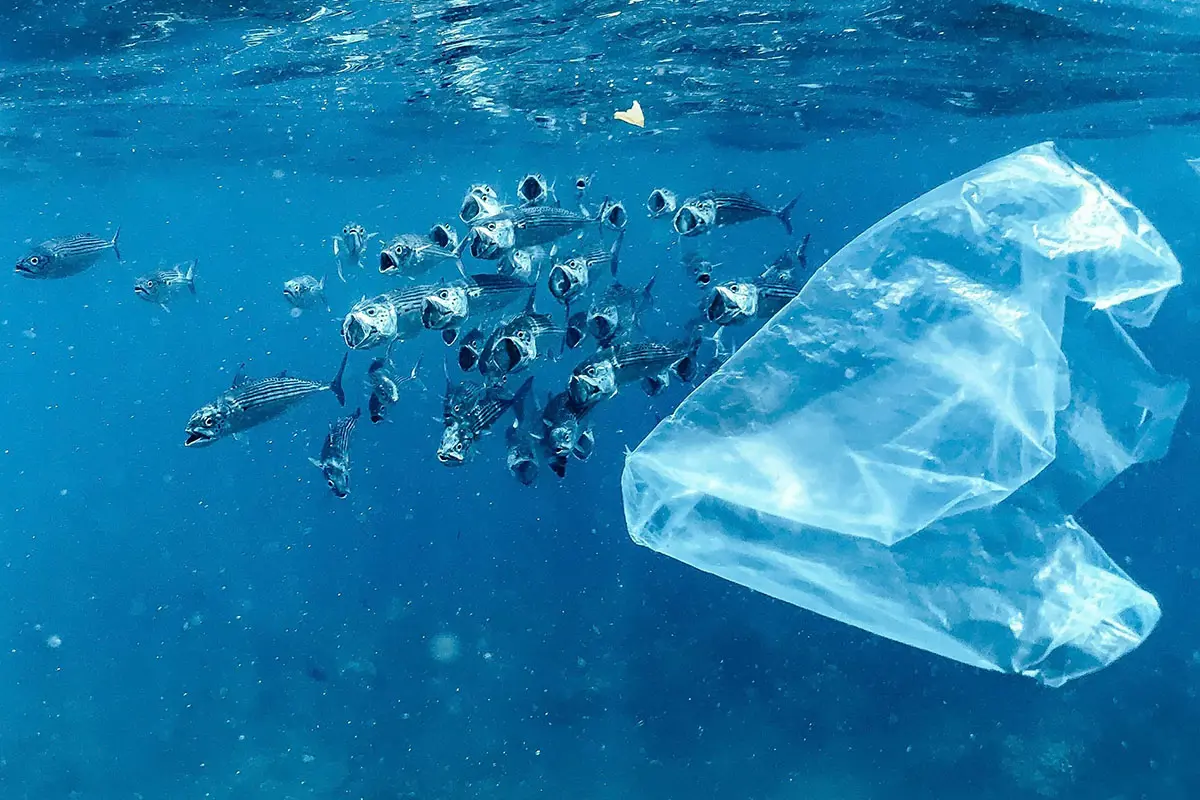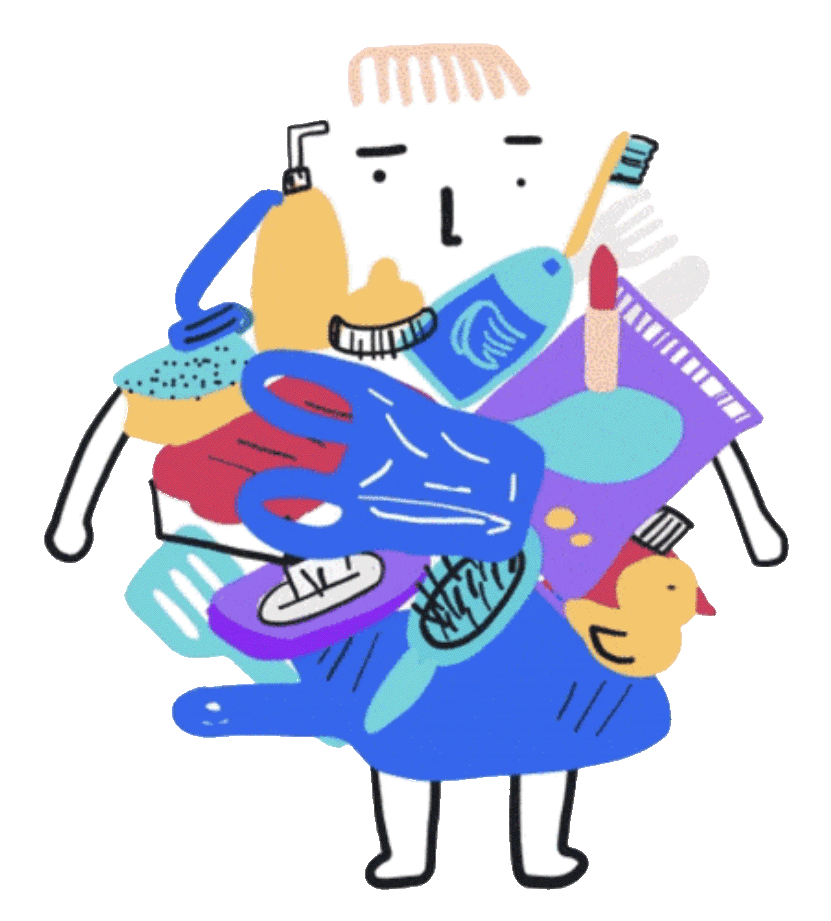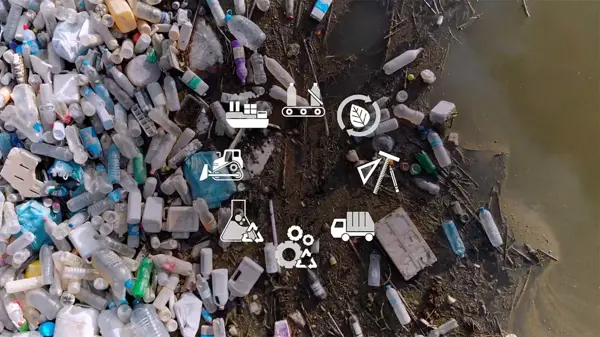Every day, more than 4,300 garbage trucks worth of plastic waste ends up in our oceans, rivers, and lakes. That amounts to three garbage trucks per minute. Experts predict that by 2050, there will be more plastic in the oceans than fish.
Marine life is paying a high price
Plastic pollution affects animals in all kinds of ways:
- Sea turtles confuse plastic bags with jellyfish, their favorite food source.
- Fish mistake plastic for food and deliberately bite into it.
- Whales and dolphins get entangled in fishing nets and slowly suffocate.
Millions of animals die every year as a result of plastic pollution. A poignant example: a whale that washed ashore in Spain was found to have no less than 29 kilograms of plastic in its stomach, ranging from bags and fishing nets to jerry cans.
How plastic enters the ocean
Almost half of global plastic production is used for disposable applications, such as food packaging and ultra-fast fashion. Nearly 80 percent of this waste is dumped in landfills and ends up in the sea via rivers.
Plastic never really disappears
Plastic that ends up in nature never completely disappears. It breaks down into microscopic particles: microplastics. These either float or suspend in water columns or sink to the seabed, depending on the type of plastic. Only 0.5% of all ocean plastic remains floating on the surface, which means that clean-up operations at sea or in the ocean only address a very small part of the problem.
The ‘hotspots’ of plastic pollution
The Mediterranean Sea is one of the most significant hotspots for plastic pollution. Due to the constant influx from rivers and the limited opportunity to escape to surrounding oceans, plastic remains trapped and accumulates. Other hotspots include:
- bays adjacent to large cities;
- bays where plastic drifts and remains;
- islands where different ocean currents converge.
Why plastic pollution is also your problem
In addition to marine life, plastic pollution also affects us. Microplastics end up on our plates, for example in fish dishes, and have even been found in our blood and brains. Research shows that this can have serious consequences for our health. Microplastics are linked to strokes, cancer, and infertility. Plastic pollution is therefore not only an ecological problem, but also a humanitarian one.
How you can help
The plastic problem can no longer be denied. Join us in saying “no” to plastic pollution and make a difference. Support us with a donation so that together we can fight for healthy oceans and a plastic-free future.





.png?version=17474&width=600)
